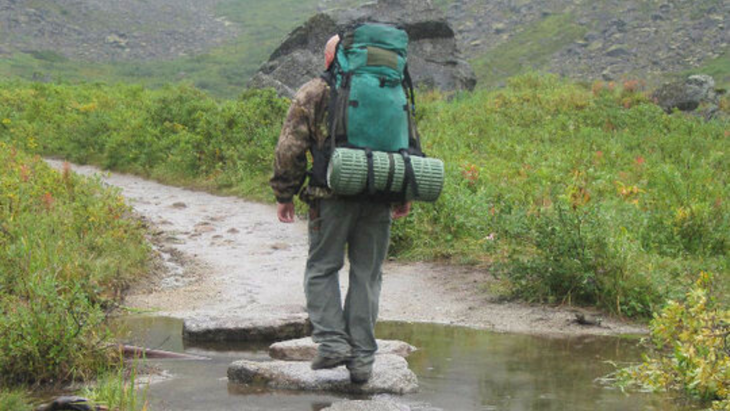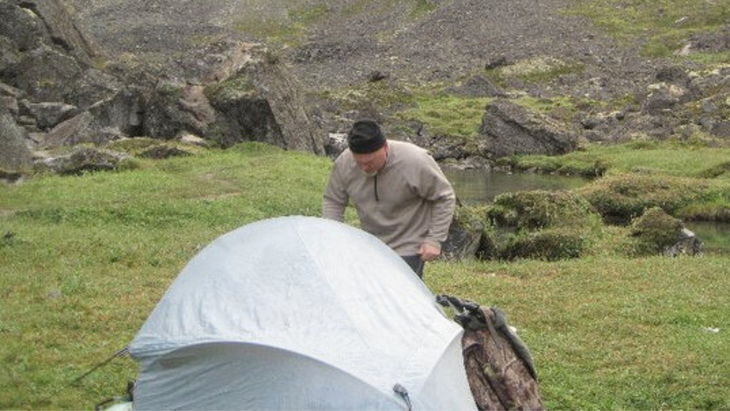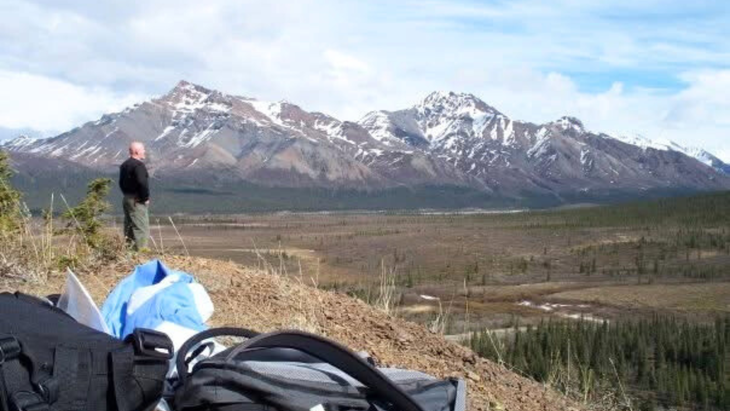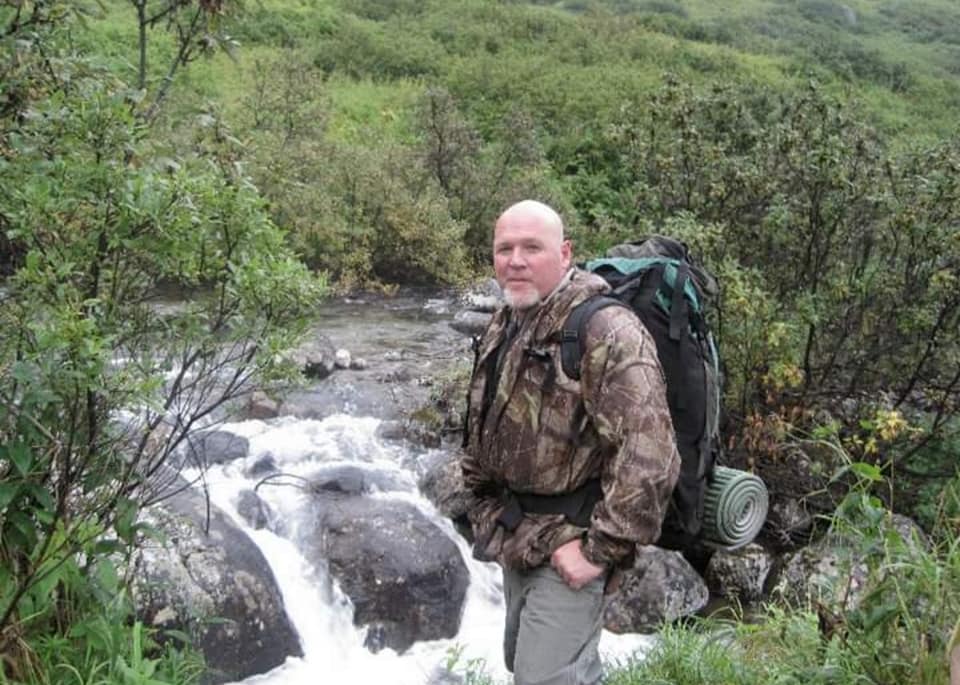My dad spent over two decades training tens of thousands of military warriors on how to survive. He shared his key takeaways with me.
My dad on a backpacking trip in Alaska. (Photo: Cal Coblentz)
Published July 31, 2025 05:00AM
I still remember the way it felt when those airport doors opened, throwing us into -20 degrees Fahrenheit and a vast wilderness when I was 11 years old. My dad’s job as a Survival, Evasion, Resistance, and Escape Specialist in the United States Air Force had taken us to Fairbanks, Alaska, with land so different than in the Pacific Northwest where I was raised.
Growing up, I loved being outside, but he believed it came down to something primal. “It’s in our DNA…” he would say.
Now, 25 years later, I spend weekends venturing out into the wilderness on my own. I’m leaning on my dad’s expertise and drawing from his wisdom more and more as I build my relationship with the outdoors. “Some of us dream of epic adventures, solo trips into the mountains, or conquering a continental trail, but wanderlust without a survival mentality and skill set can be dangerous,” my dad shared when I interviewed him for this piece.
He spent over two decades training tens of thousands of military warriors on how to survive in every austere environment and situation on the planet.
Here are some of his key takeaways.
Properly Equipped Doesn’t Mean Overly Loaded

“At my age, it’s all about ultralight packaging,” said dad.
He wrecked his back and broke a few bones during his time jumping out of planes in the military. And the wear and tear on his body after 20 years in the Air Force changed his approach to how he carries equipment now, exploring as a civilian.
It’s about key pieces of equipment that align with basic survival, he says:
- Water
- Food
- Shelter
- Fire
- Signaling
- Medical
And items that serve multiple purposes are the best. “I never go anywhere without at least a Leatherman-type multitool, fire starters, a method of water purification, thumb saw, mirror, cordage, basic med kit, micro fishing kit, sail needle, snare wire, aluminum foil, small tarp, and a compass,” my dad told me.
He says all of it fits into even a small travel bag. “Of course, the bigger the mule, the bigger the survival kit,” said dad. “My truck is ready for the apocalypse!”
You also have to align your gear with your environment. “In the desert, water is primary. In the arctic, fire and shelter can be urgent,” he said. “If it’s a long haul (like the AT) foot care will be essential.”
80 Percent of the Battle Is Having the Will to Survive

Knowledge is king.
The first time I went camping without him, my dad joked that he wanted me to record myself setting up my tent. Why? Well, I hadn’t done it before.
“Never go into the woods with a tent you haven’t first set up in your back yard,” dad told me. I don’t always heed that advice.
He also advises to never let the first primitive fire you build be when you’re cold and distressed. The will to survive begins with familiarizing yourself with each piece of equipment way in advance, and having the will to survive is about 80 percent of the battle.
“It’s what will save you,” he said.
When he and my mom go camping, he pretends he doesn’t have matches and forces himself to start a fire with “nothing but nature and a knife.”
“If you’re dreaming of some epic adventure, use some of your planning time to imagine how you would save your skin with nothing but what you’re carrying and what you can find on the trail,” said Dad. “Practice being your own hero.”
When You’re Out There: Journal

“Take notes on trips,” my dad said. I’ve heeded this advice many times, and each adventure gets better because of it.”Write down what you needed but didn’t have, and what you brought but didn’t need.”
You will begin to learn what you need for the type of trips you’re taking. Then, the packing process gets a little more fun. “Share what you learn with your travel mates or children,” said Dad. They may have input, too. “It’s a great way to stay motivated toward growing your wilderness prowess.”
Plane crashes and hostage situations taught my dad that people have an intangible desire to survive. It’s the mentality of “I don’t care how uncomfortable this is; I’m going to keep doing the next thing that’s necessary to live,” he said.


